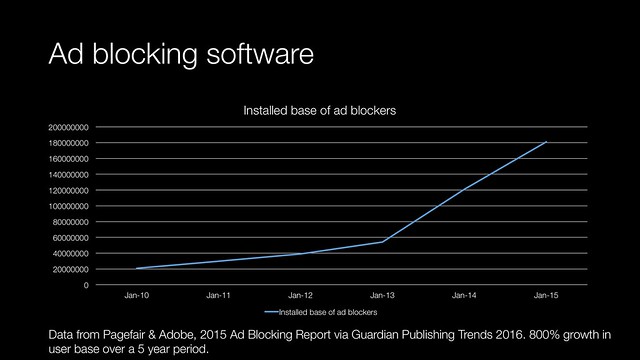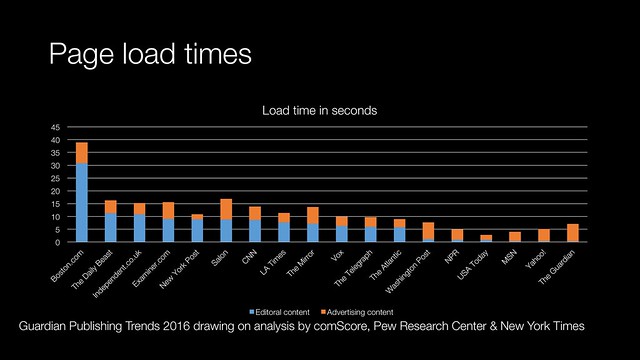Apple ID
Apple: Terrorist’s Apple ID Password Changed In Government Custody, Blocking Access – BuzzFeed News – The Apple ID password linked to the iPhone belonging to one of the San Bernardino terrorists was changed less than 24 hours after the government took possession of the device, senior Apple executives said Friday. If that hadn’t happened, Apple said, a backup of the information the government was seeking may have been accessible – so why don’t the FBI track down the government employee who changed the Apple ID password and Gitmo their butt to get it? In theory, it could be a conspiracy inside the San Bernardino local government to aid and abet terrorism I suspect this about covering up a FUBAR on the government side – Feds versus state. If I were more cynical it looks like it was deliberately done to exploit San Bernardino by government looking to crack encryption. I suspect that its an opportunistic plan by the government to break the US tech sector, making lemonade out of the lemons handed to them by the blocker to break Apple ID
Business
Uber losing $1 billion a year to compete in China | Reuters – this is a bit spun in terms of the story
Consumer behaviour
Marketers: It’s Time to Rethink the Millennial Mom | AdAge – this hits so many points, there are no clear takeaways. And don’t even get me started on the fallacies that ‘generational’ thinking in marketers can throw up.
Finance
Apple of the East, Xiaomi, working on an Apple Pay competitor? | Gizchina – not terribly surprising, UnionPay will have learned from working with Apple and find it easier to onboard other device manufacturers
Gadgets
Cat S60 thermal camera phone: Specs, price and release date | BGR – surprisingly nice looking for a rugged phone. Pity they didn’t build in a pipe/metal detector for construction workers
Hong Kong
Hong Kong’s popular, lucrative horror movie about Beijing has disappeared from theaters – this looks a bit suspicious
Hong Kong has probably lost HSBC’s headquarters for good—and Beijing is to blame – Quartz – There is an argument that could be put up that HSBC’s sole responsibility is to maximise shareholder value. Could the board be sued over the decision? If the Chinese government really wanted them to stay they’d squeeze them like an anaconda, until HSBC came to the right decision.
How to
Sina microblogging Short URL Builder Weibo short URL data analysis tools – really handy tools, think bit.ly or goo.gl but for China
Legal
Is WeChat headed for regulatory trouble? – Tech in Asia – WeChat hasn’t been looking like a real international contender for a good while. Its international marketing efforts were lacklustre and sporadic. But in China its ubiquity and usefulness attracted the attention of the government in an unsavoury way. Given the tight linkage between Party and media, these comments from People’s Daily look like a statement of intent towards WeChat “malicious rights-infringement, excessive marketing, coercive sharing, deliberate swindling, and chaos.” I am sure WeChat headed towards taking remedial action forthwith.
Feeble Noise Pollution — Medium – interesting insights on the FBI’s use of San Bernardino as a crow bar to break the US tech sector
Luxury
Why I’m Over Susie Bubble – Racked – that’s where bloggers like Lau and Bryanboy fall flat to me, why I think we’ve outgrown them. It’s not just that these former outsiders have been subsumed by the mainstream fashion industry, or that Google Reader’s demise in 2013 took Style Bubble out of my daily reading rotation. Rather, it’s because it’s time for Asian bloggers and style stars who don’t just dress distinctively but are also comfortable in their own skin and with the features on their face – quite a takedown
Media
RA News: Beatport registers $5.5 million loss in 2015 – not terribly surprising
Beijing is banning all foreign media from publishing online in China – Quartz – this is interesting as it would impact entertainment media, gaming companies, book publishers and news media. In addition to western brands it would also hurt Chinese brands like Tencent who has South African company Naspers as a shareholder
I have seen the future of media, and it’s in China | Fusion – the power of WeChat
CNN brings its digital war room to London | Digiday – the digital war room is big with American brands like Gatorade and can be useful for reputation management monitoring. But the idea of having a team doing real time marketing a la Oreos makes no sense compared to the sunk costs of the digital war room and ongoing investment. For a brand like CNN however, it allows the channel to jump on stories that are breaking online. During the Sichuan earthquake of 2008, The Guardian managed to do timely coverage by seeing the first reports breaking on Twitter. Back in 2005, when I was at Yahoo!, the first we know of the July 7 bombings was when engineers told us of the increase in picture uploads to flickr.
Homer Simpson Will Take Your Questions on a Live-Animated Segment of The Simpsons – I guess its meeting audience requirements of immediacy and interaction a la social media
Online
Whatever Happened to Klout? | Motherboard – it still seems to be a thing for some people
“Problematic Internet use” can hurt relationships, study finds. – Slate – yet another internet addiction post
Security
You, Apple, Terrorism and Law Enforcement – Defense One
Why you should side with Apple, not the FBI, in the San Bernardino iPhone case – The Washington Post – either everyone gets security or no one does
Walled Garden | Kieran Healy – the walled garden is about keeping your data safely inside without others being able to get at it
U.S. Hacked Into Iran’s Critical Civilian Infrastructure For Massive Cyberattack, New Film Claims – BuzzFeed News
Customer Letter ‘The United States government has demanded that Apple take an unprecedented step which threatens the security of our customers’ – Apple
Software
Kakao diversifies after winning war with telcos | Telecom Asia

